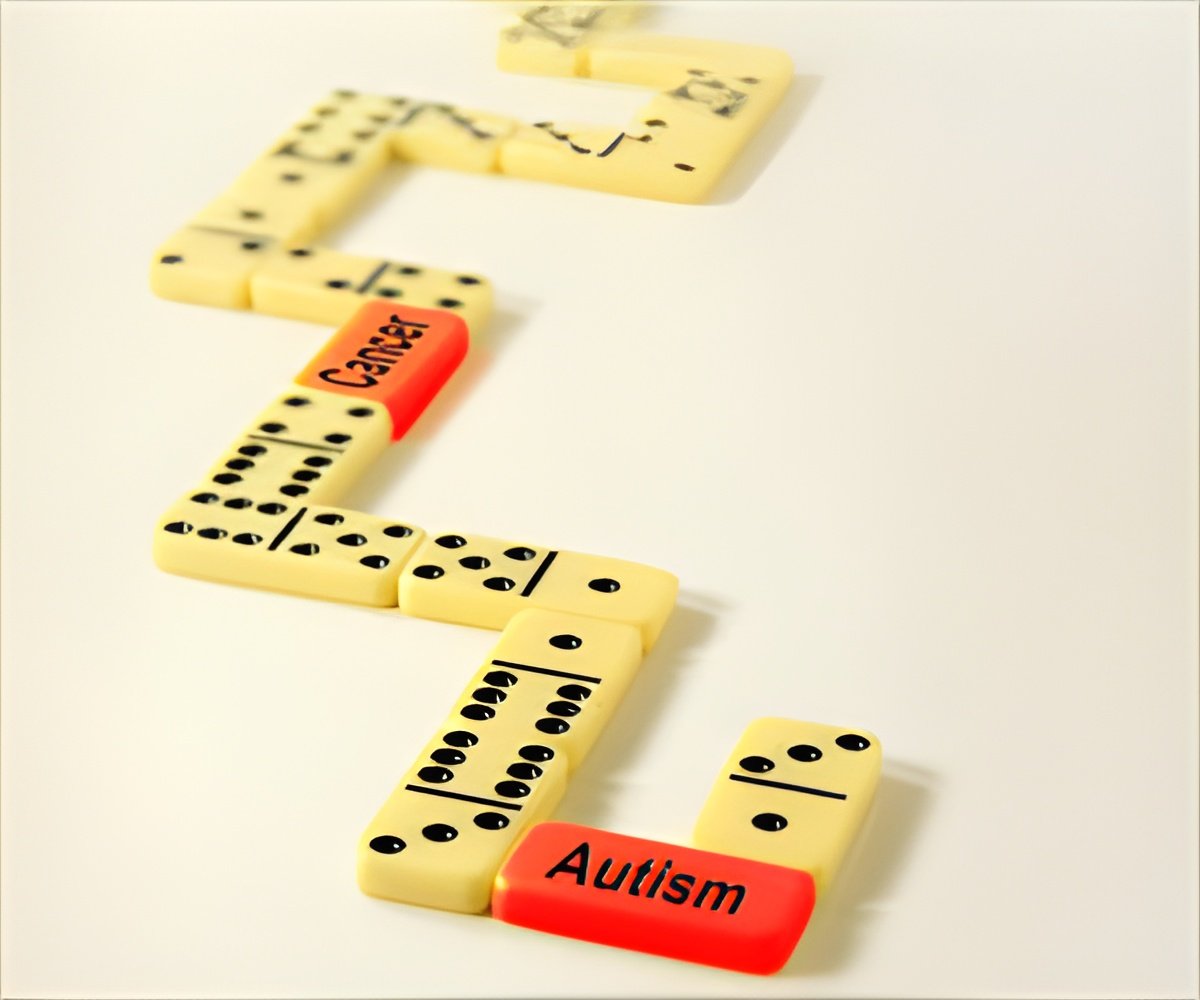The biomarker, ASD1 was significantly correlated with the level of communication impairment detecting the severity of autism in children.

‘Autism is a neurodevelopmental disorder characterized by social interaction and communication challenges, and restricted and repetitive patterns of behavior’





In a recent edition of Scientific Reports, UT Southwestern researchers reported on the identification of a blood biomarker that could distinguish the majority of ASD study participants versus a control group of similar age range. In addition, the biomarker was significantly correlated with the level of communication impairment, suggesting that the blood test may give insight into ASD severity.Dr. Dwight German, study senior author and Professor of Psychiatry at UT Southwestern. "The blood biomarker reported here along with others we are testing can represent a useful test with over 80 percent accuracy in identifying ASD."
Since other studies have found abnormalities in the immune systems of autistic children, researchers set out to search for antibodies in the blood related to ASD. In this study, researchers found that boys with ASD had significantly reduced levels of a serum IgG1 antibody.
Investigating further, researchers analyzed 25 peptoid compounds that bound to IgG1 and zeroed in on one - ASD1 - that was 66 percent accurate in diagnosing ASD. When combined with thyroid stimulating hormone level measurements, the ASD1-binding biomarker was 73 percent accurate at diagnosis.
More testing, including analysis of blood samples from girls with ASD, is needed to further validate the findings, Dr. German said. Girls made up a small ratio of the study group, and the biomarker did not correlate as strongly with ASD diagnosis as with boys.
Advertisement
Source-Newswise













